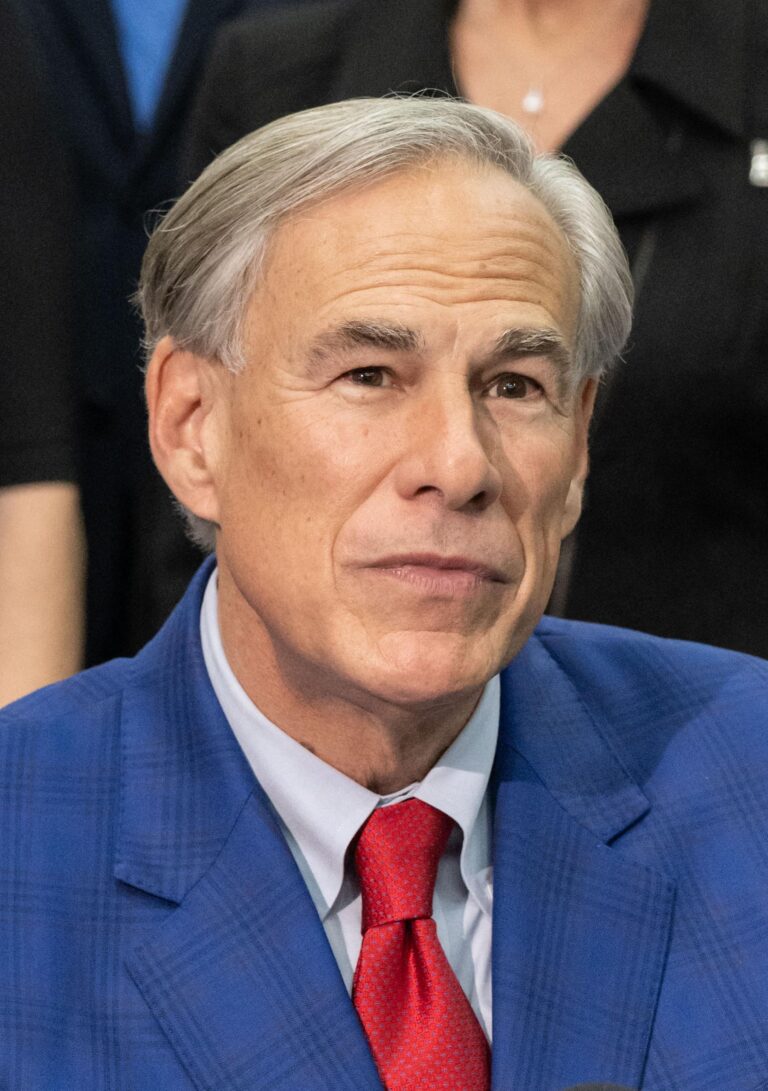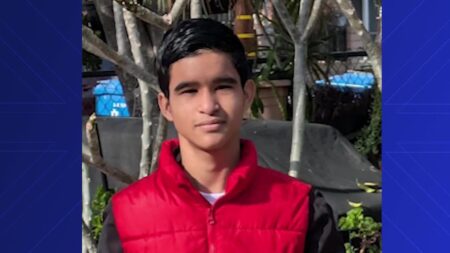Urgent Demand for Special Election Date to Fill Houston’s Congressional Vacancy
Texas Governor Greg Abbott faces increasing pressure to announce a date for the special election to fill the recently vacated congressional seat representing Houston. With critical deadlines fast approaching in May 2024, political leaders, community advocates, and voters are anxiously awaiting a clear timeline. This election is pivotal, as it will determine Houston’s voice in Congress and influence the broader political landscape of Texas.
Several key considerations are shaping the governor’s decision-making process:
- Statutory deadlines: Texas election law prescribes strict timeframes for calling, filing, and conducting special elections.
- Overlap with other elections: Coordinating the special election alongside upcoming primaries to minimize voter confusion and optimize election resources.
- Voter outreach needs: Ensuring sufficient time for campaigns and election officials to engage and inform the electorate effectively.
| Important Dates | Event or Deadline |
|---|---|
| Deadline for Governor’s Election Order | Mid-April 2024 |
| Candidate Filing Opens | Late April 2024 |
| Scheduled Special Election | May 2024 |
| Early Voting Period | One week prior to election day |
Political Repercussions of Houston’s Vacant Congressional Seat
The unexpected vacancy in Houston’s congressional district has sent shockwaves through local and statewide political arenas. This special election is now a high-stakes contest that could reshape party dynamics in a diverse and politically significant urban district. Candidates and party operatives are racing against the clock to mobilize voters and secure support, making this one of the most closely watched races in Texas this year.
Key political factors influencing the race include:
- Enhanced voter mobilization efforts: Both major parties are intensifying grassroots campaigns to boost turnout, recognizing the seat’s strategic importance in federal policymaking.
- Media attention and scrutiny: The election has attracted widespread coverage, with analyses focusing on candidate platforms and the broader implications for Texas’ political trajectory.
- Competitive fundraising: Campaigns are aggressively pursuing donations to outmatch rivals, underscoring the election’s critical role in shaping political narratives.
| Political Element | Effect on Election |
|---|---|
| Voter Engagement | Intensified efforts to energize and expand the voter base. |
| Strategic Resource Allocation | Parties reallocating funds and personnel to maximize electoral advantage. |
| Media Coverage | Elevated media focus shaping public opinion and candidate visibility. |
Navigating Legal and Logistical Obstacles in Election Scheduling
Governor Abbott must carefully maneuver through a complex legal framework that governs the timing of special elections in Texas. State law requires the governor to issue a writ of election within 30 days of a congressional vacancy, leaving a narrow window to organize the election. This legal mandate must be balanced with practical considerations such as coordinating with county election officials, managing polling site logistics, and ensuring compliance with federal voting rights protections.
Challenges impacting the election timeline include:
- Statutory minimum periods between election announcement and voting day.
- Adherence to the Voting Rights Act, ensuring equitable access and adequate notice.
- Collaboration with local election boards to allocate resources and staff effectively.
- Potential legal disputes or challenges that could delay certification and finalization.
| Legal Requirement | Mandated Timeframe | Effect on Scheduling |
|---|---|---|
| Issuance of Election Writ | Within 30 days of vacancy | Restricts flexibility in setting election date |
| Minimum Campaign Duration | At least 21 days between call and election | Ensures candidates have adequate notice |
| Early Voting Period | 4 to 14 days before election | Adds complexity to election scheduling |
Best Practices for Transparent and Effective Election Management
Ensuring the integrity and smooth operation of the special election requires election officials to adopt transparent and efficient administrative practices. Clear communication with the public about election dates, candidate eligibility, and polling locations is essential to build trust and encourage participation. Additionally, comprehensive training for poll workers and the use of secure voting technologies can safeguard the process from errors and interference.
Recommended strategies to enhance election administration include:
- Implementing secure, auditable voting systems to protect against fraud.
- Forming independent oversight panels to monitor election proceedings in real time.
- Expanding early voting and absentee ballot options to increase voter accessibility.
- Publishing detailed post-election reports covering turnout statistics and any irregularities.
| Election Phase | Recommended Actions |
|---|---|
| Pre-Election | Thorough candidate vetting and comprehensive voter education campaigns |
| Election Day | Extensive poll worker training and secure ballot handling procedures |
| Post-Election | Transparent publication of results and independent audits to verify accuracy |
Final Thoughts on Houston’s Special Election
As the mid-April deadline nears, Governor Abbott’s announcement will chart the course for Houston’s special election, a contest that carries significant weight for the city’s congressional representation. With candidates ramping up their campaigns and political stakes escalating, this election is poised to be a defining moment for Houston’s political future. Residents and political analysts alike will be closely monitoring the governor’s decision and the ensuing electoral process in this critical race.



